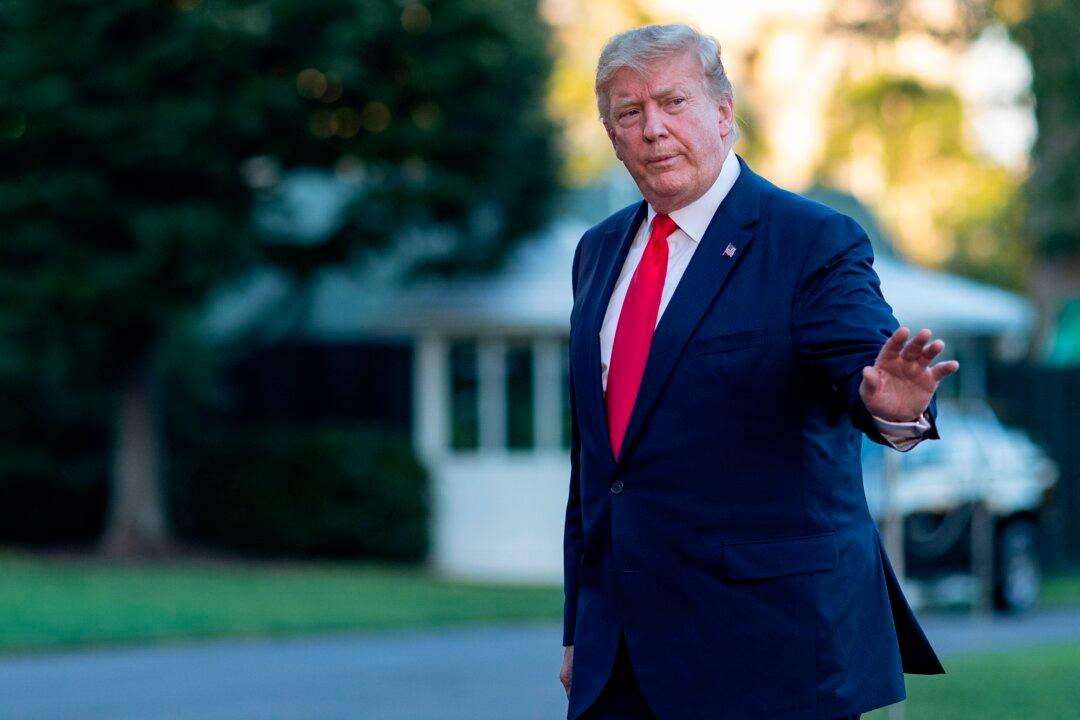President Donald Trump’s approach to foreign policy is shaped by compassion and balance, according to a Trump insider who spoke about the way the United States is handling the Iranian conflict.
Founding partner of the New York law firm Meister Seelig & Fein, Stephen Meister, who has represented Trump in several commercial cases, said the president isn’t a war seeker and doesn’t want “hostilities with any nation.”





